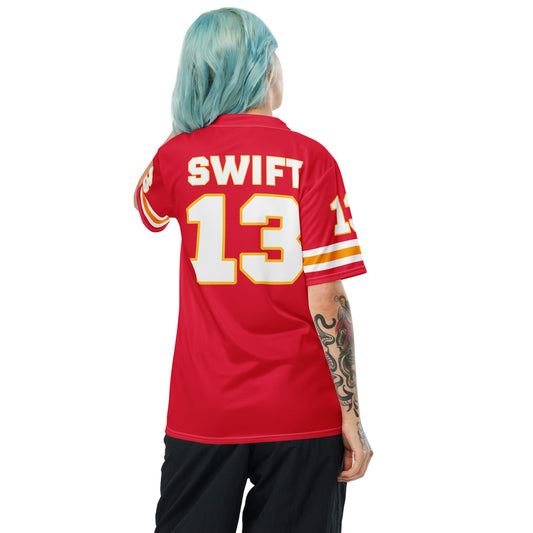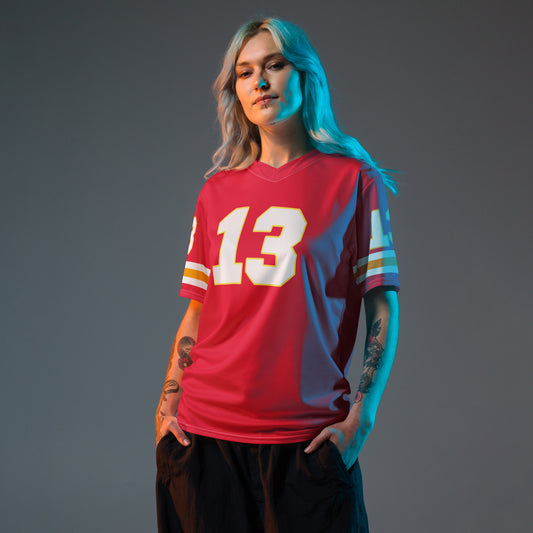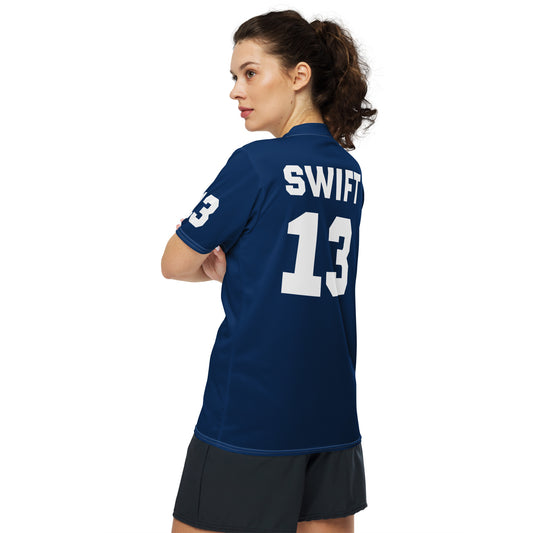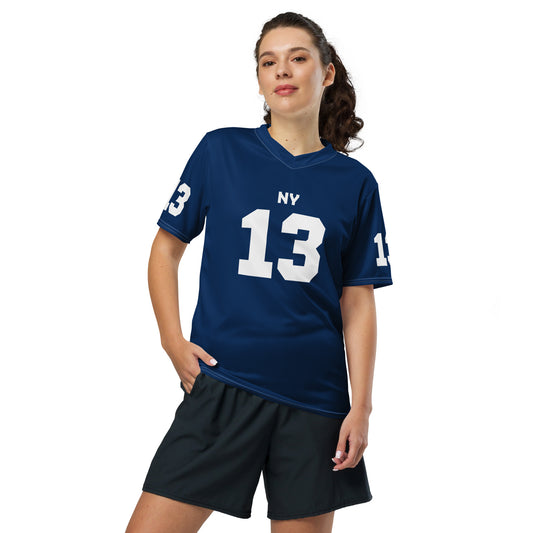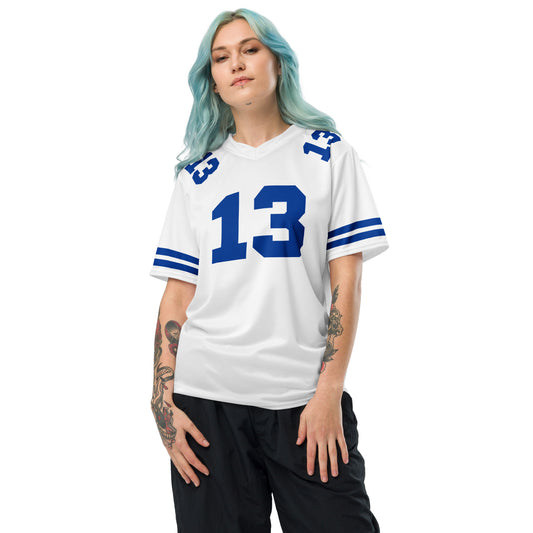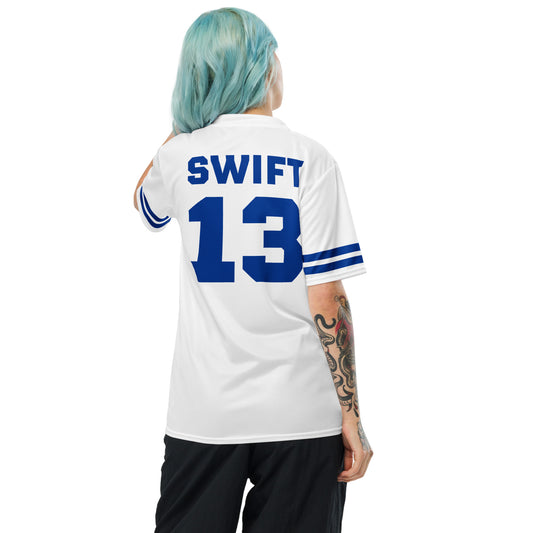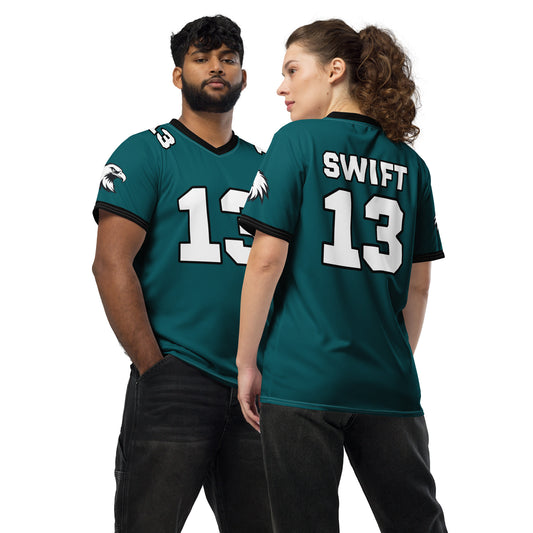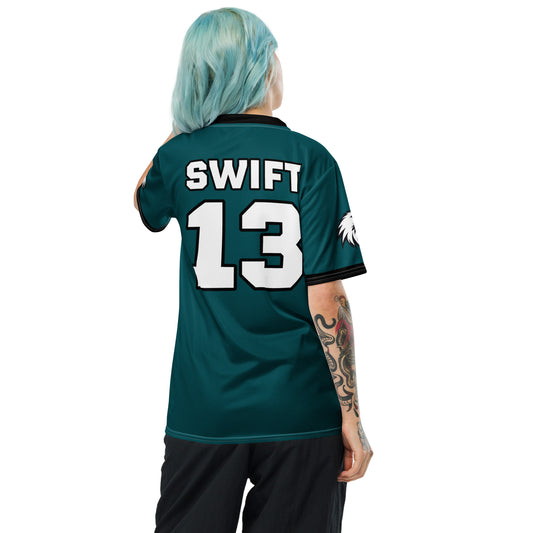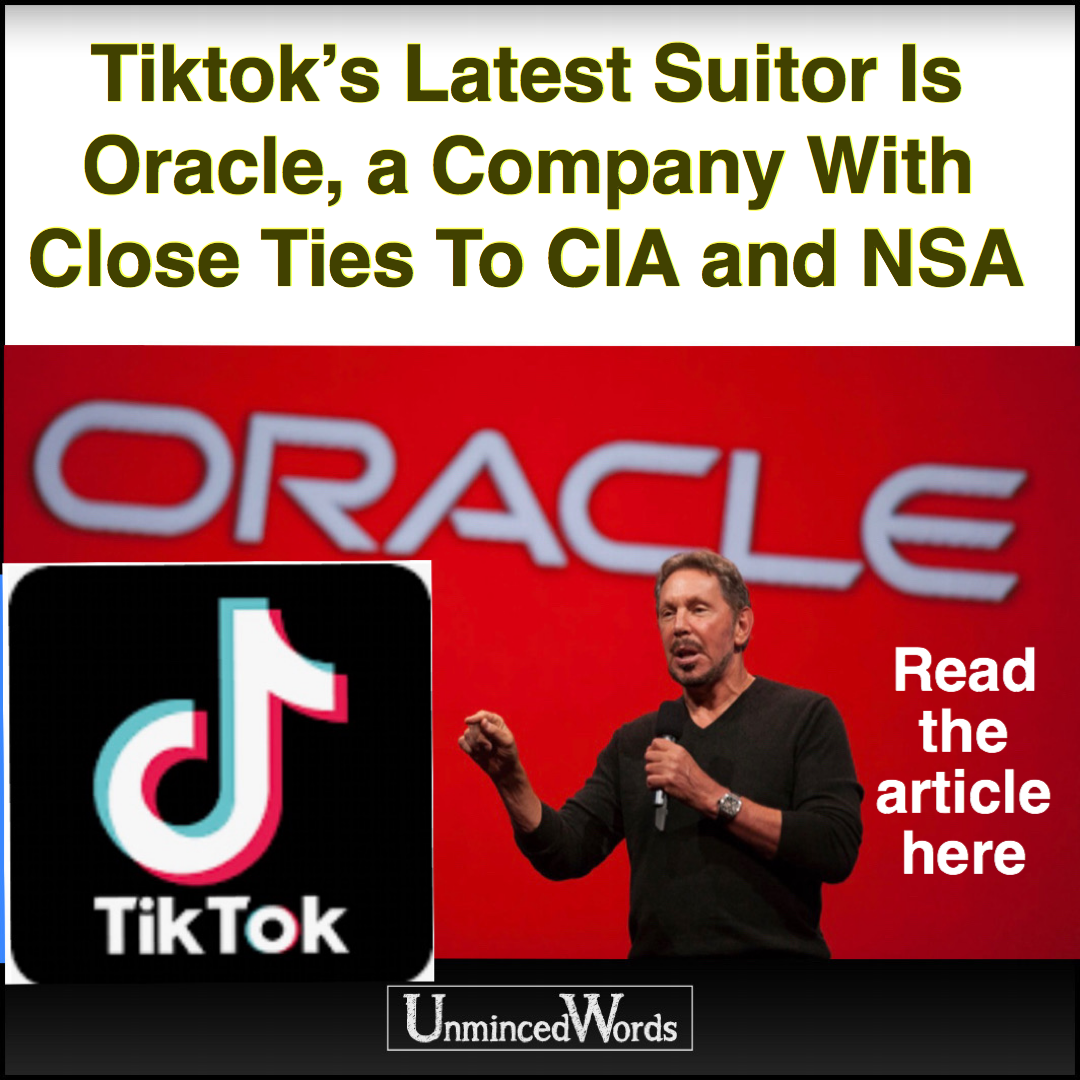
Tiktok’s Latest Suitor Is Oracle, a Company With Close Ties To CIA and NSA
Oracle has expressed interest in buying TikTok from Chinese-based tech company Bytedance according to a new report from the Financial Times. The move comes after President Donald Trump’s threat to ban the popular video app.
The Trump regime is allegedly concerned about the privacy of Americans on TikTok and the ways that the Chinese government might exploit the data of U.S.-based users. But Oracle is a odd suitor if you know anything about the company’s history. Larry Ellison created Oracle in 1977 as a CIA-backed project and the company’s software was a key part of the the modern surveillance state.
President Trump initially declared that he would ban TikTok in the U.S. before it was revealed earlier this month that both Microsoft and Twitter have explored purchasing the company. Oracle is interested in buying not only TikTok’s U.S.-based operations but its offices in Canada, Australia, and New Zealand.
Oracle’s real history is often obscured whenever the mainstream press writes about how Larry Ellison created the software giant back in the 1970s. Vox, for example, wrote an entire article about the history of Oracle back in 2014 that didn’t mention the CIA, an elision that hides the company’s long history.
Oracle’s ties to the CIA and the broader U.S. intelligence community are deep, even if that fact is frequently ignored by people who like to pretend Oracle was just another humble Silicon Valley startup.
Ellison chose the name Oracle because he worked on the CIA’s database networking plans, also called Oracle, back in 1975. Ellison, who is now a billionaire, worked at a company called Ampex, building a terabit memory system for the CIA at the time—an absolutely enormous amount of computing storage space for the mid-1970s. Ellison and his business partners Bob Miner and Ed Oates started their own company and created a relational database called “Oracle Version 2,” for the CIA in 1977, despite the fact that it was the first version of the software.
“The first version of our database was called Oracle Version 2. I didn’t think anyone, not even the government, would buy Version 1 of a database from five guys in California,” Ellison was quoted as saying in the 2003 book by Matthew Symonds.
“The news about our hot little database traveled around the intelligence community pretty quickly,” Ellison told Symonds. “I’d make a presentation at one agency on Monday, which would result in a phone call on Tuesday to visit another agency on Wednesday. One week I flew to and from Washington, D.C. three times. In a little over six months’ time we had won several deals—the CIA, Navy Intelligence, Air Force Intelligence, and the NSA.”
Oracle’s integration with the U.S. intelligence community didn’t stop in the 1970s. Symonds was writing his book Softwar before and after the September 11, 2001 terrorist attacks, so it’s filled with asides about how Ellison left after one of their interviews to have dinner with Michael Hayden from the NSA on September 13, 2001 or to have lunch with President George W. Bush’s Attorney General John Ashcroft on that same trip.
We don’t know exactly what was said at those meetings between Oracle and America’s top spies, but we can take an educated guess. Ellison wanted to create a national security database that collected everything possible to identify someone, from thumb prints and hand identification to iris scans. Ellison even said as much publicly at the time.
“Creating such a database is technically simple. All we have to do is copy information from the hundreds of separate law enforcement databases into a single database. A national security database could be built in a few months,” Ellison wrote in the New York Times in January of 2002.
Ellison made a lot of money with the government in the years following the 9/11 attacks. The federal government accounted for roughly a quarter of Oracle’s billions in revenue in 2003, according to the 2004 book, by Jeffrey Rosen. And Ellison has repeatedly defended the tactics of the intelligence community whenever controversies have arisen, telling CBS News in 2013 that NSA’s domestic spying program is “essential.”
Unsurprisingly, there’s a revolving door of employment between Oracle and the CIA. Leon Panetta, who served as CIA Director from 2009 to 2011 and Secretary of Defense from 2011 to 2013, joined Oracle’s board in 2015. Oracle’s website even has testimonials from people who successfully moved from the world of covert intelligence gathering to Oracle, like Andrew C., who isn’t given a last name, presumably as a signal that you can fly under the radar in the private sector just as you had in the CIA.
David Carney, the former third-highest ranking official within CIA who spent 32 years at the agency, went to work for Oracle and was pretty blunt when talking with Jeffrey Rosen about the business environment.
“In some ways, 9/11 made business a bit easier. Previous to 9/11 you pretty much had to hype the threat and the problem,” Carney said in , explaining that after 9/11, everyone was “clamoring” for their business.
There’s still plenty we don’t know about Oracle’s relationship with the intelligence community after the 1970s. CIA documents that were declassified in 2004 and only posted online in 2016 help give some of the background on the CIA’s Oracle plans before Ellison named his company after the project. But it will likely be decades before we understand the true scope of Oracle’s role in building tools for the government in the 1980s and ‘90s, to say nothing of the post-9/11 environment.
For now, we just have to take Ellison’s own word for how much information Oracle is helping store and speculate about what did and did not happen after Ellison’s meetings with leaders of the U.S. government.
“The Oracle database is used to keep track of basically everything,” Ellison told Rosen in the early 2000s for The Naked Crowd. “The information about your banks, your checking balance, your savings balance, is stored in an Oracle database. Your airline reservation is stored in an Oracle database. What books you bought on Amazon is stored in an Oracle database. Your profile on Yahoo! is stored in an Oracle database.”
Former NSA contractor Edward Snowden would help expose many of America’s spying tactics in 2013, but given journalist Glenn Greenwald’s decision to close up the archive of Snowden’s documents in 2019, we may never get the full story.
Tik Tok, Tik Tok
No one knows for sure whether Oracle will wind up buying TikTok, but the clock is ticking. The Trump regime gave TikTok 90 days to be sold, which means it has to change hands before November. According to the Financial Times, Oracle is also speaking with a number of American-based investors such as General Atlantic and Sequoia Capital, companies which already own portions of the app.
Coincidentally or not, Canada, Australia, New Zealand, and the U.S. are all in the so-called Five Eyes spying alliance, suggesting that if Oracle buys TikTok, users could trade potential privacy concerns posed by the Chinese government for privacy concerns posed by the U.S. government and its allies. All of those concerns are probably minor compared to what private data companies are already selling to government agencies around the world.
But it’s not like any of the potential bidders will have clean hands when it comes to government-sponsored surveillance. The privacy ship has sailed, and virtually every company in Silicon Valley has made money pushing it out to sea.
by Matt Novak
Follow/shop w www.UnmincedWords.com 4 #technews #fashion #style #birthdaygiftideas #tech #tiktok #unminced #oracle #CIA #intelligencecommunity #IC
















